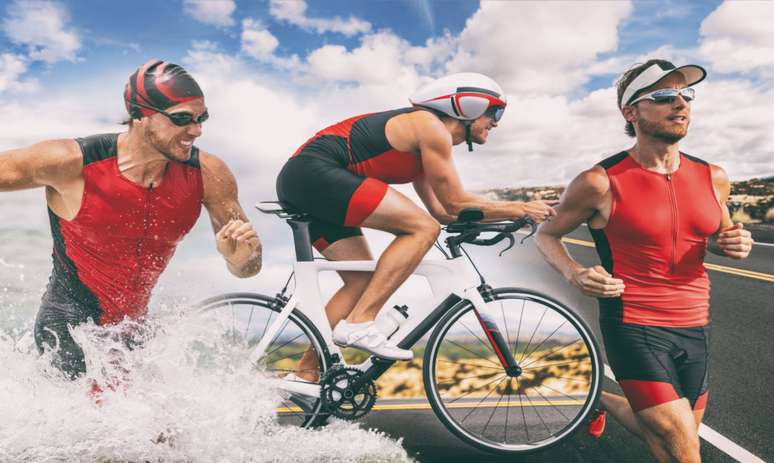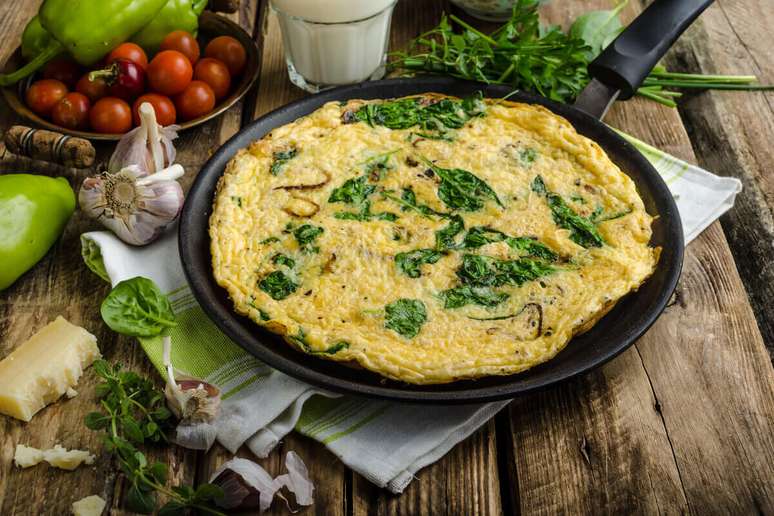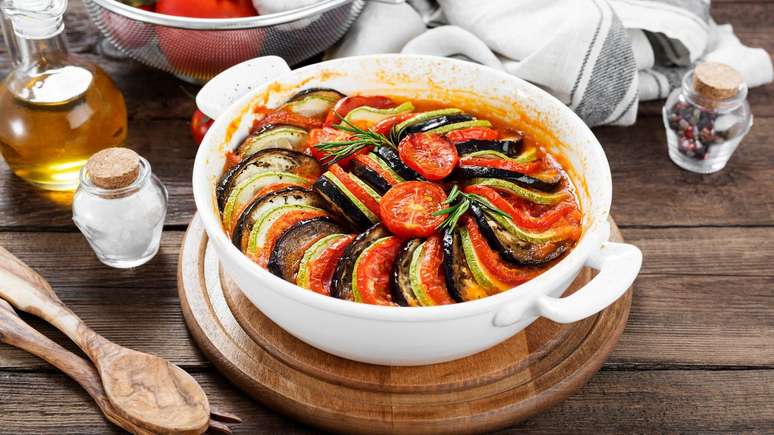The triathlete requires intense physical preparation and adequate nutrition to tackle three triathlon disciplines (swimming, cycling and running)
Triathlon is one of the most complete sports, covering three different disciplines: swimming, cycling and running. So, being a triathlete, you can imagine requires absolute dedication and a lot of muscle strengthening. In addition, obviously, to a diet capable of providing adequate support to the body to resist such physical effort.
Indispensable factors
Virgílio Garcia, physical trainer at Care Club, underlines the importance of muscle strengthening work, which is different from bodybuilding. “The intention of muscle strengthening is to complement the work the athlete already does with running, cycling and swimming. Bodybuilding aims for hypertrophy and aesthetics,” he compares.
Doctor Rafaella Sinisgalli, gymnastics and sports doctor of the Care Club, as well as amateur triathlete, underlines the importance of medical monitoring to avoid injuries and have better performance in competitions.
“As a triathlete, I understand that there are many things at play: training, nutrition, physiotherapy… And the sports doctor ends up acting as a health manager for those who practice physical activity, communicating with other professionals”, he underlines.
He explains that he is a sports doctor who analyzes all the variables that surround those who practice physical activity. That is, from your sleep, your diet, your training and injury history. “From this, outline a strategy and monitoring throughout the process, until the person achieves all goals as best as possible,” adds the specialist.
5 essential foods for the triathlete
Nutrition plays a fundamental role in the triathlete’s preparation. Therefore, nutritionist Dr. Carolina Damy, from Care Club, has prepared a list of key foods. The advice is to test everything before an important test, because now is not the time to test anything.
1) Bisnaguinhas – those breads for children, small and easy to take – without or with sweet or savory filling, to have a variation in flavor and consistency;
2) Bananas – with or without sugar, important for replenishing the glycogen lost through effort during the race;
3) Paçoca – it has a different flavor than other very sweet carbohydrates and is also a source of fat;
4) Guava – another carbohydrate option;
5) Purees – can be prepared with potatoes, cassava, which offer other consistencies of carbohydrates, and you can carry it in a bag.
Source: Terra
Ben Stock is a lifestyle journalist and author at Gossipify. He writes about topics such as health, wellness, travel, food and home decor. He provides practical advice and inspiration to improve well-being, keeps readers up to date with latest lifestyle news and trends, known for his engaging writing style, in-depth analysis and unique perspectives.









